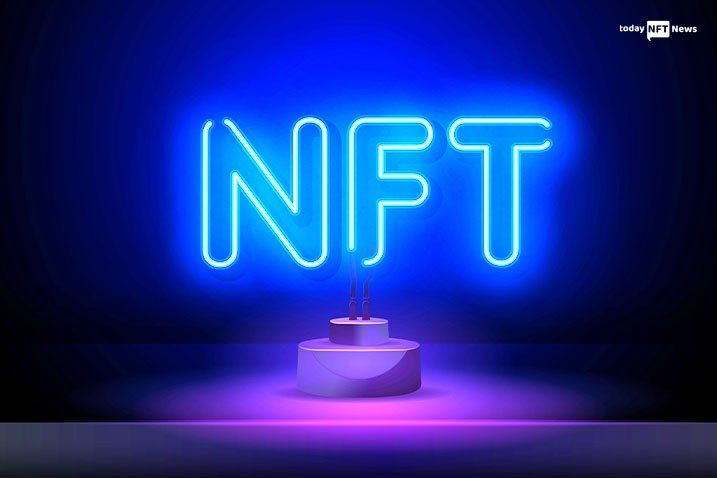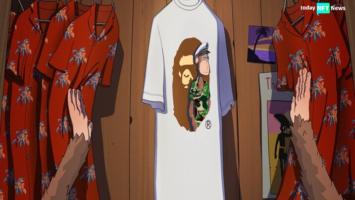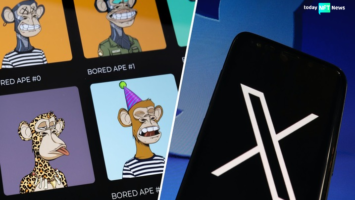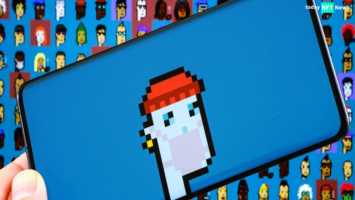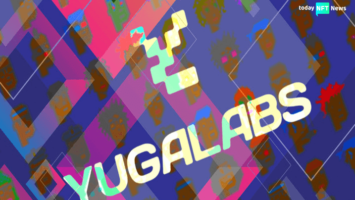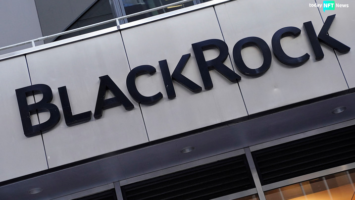SNEAK PEEK
- The belief that the NFT area would survive persists despite the negative effects of FTX and the sluggish market.
- Before the FTX crisis, NFT collections were already feeling the impacts of the crypto winter, with trading volumes dropping by 98%.
- The world of non-fungible tokens is by definition fragmented because anyone can create and sell them on numerous blockchains, and exchanges.
Non fungible token (NFT) collections were already feeling the effects of the crypto winter before the FTX crash, with trading volumes falling by 98%. The once-exploding market appears to have received the death blow with the FTX fiasco. Executives in the sector are hopeful about the space’s resurgence, nevertheless.
Users have tried oblique methods to withdraw their monies due to the significant number of user funds that are still trapped in the FTX exchange during its liquidity issue. The purchase of NFTs with a Bahamas base is one of the purported ways to withdraw balances. The strategy was attacked by many members of the community since it circumvents bankruptcy regulations, mocking the usefulness of NFTs in the process.
This appears to be the first recorded case of NFT utility in existence 👍
— Cobie (@cobie) November 11, 2022
Oscar Franklin Tan, a manager at NFT platform Enjin, disagrees, saying that this characterization is not accurate. Tan told the reporters that although NFTs were used, other materials may have been. He stated, “It had more to do with the loophole for Bahamas users and nothing to do with NFT technology.
Despite the negative consequences of FTX and the weak market, the CEO remains optimistic that the NFT area will survive. Tan emphasized that the industry should be focused on how NFTs show that digital ownership is accepted, on new business models for content providers, and on subsidizing content production.
He acknowledged that some models had received excessive praise and hype, but this is true of any new technology. The second generation of smarter, more sustainable NFT models will emerge after the NFT market has stabilized and consolidated around the strongest communities.
Since non-fungible tokens can be created and traded by anybody on many blockchains and exchanges, their world is by definition fractured. Trading volume on OpenSea, one of the major NFT marketplaces, and a firm that was valued at more than $10 billion early this year provide a reasonably decent proxy for assessing how the market is going.
Tan emphasized that for NFT projects to revive, they need to put more of an emphasis on community development and utility.



